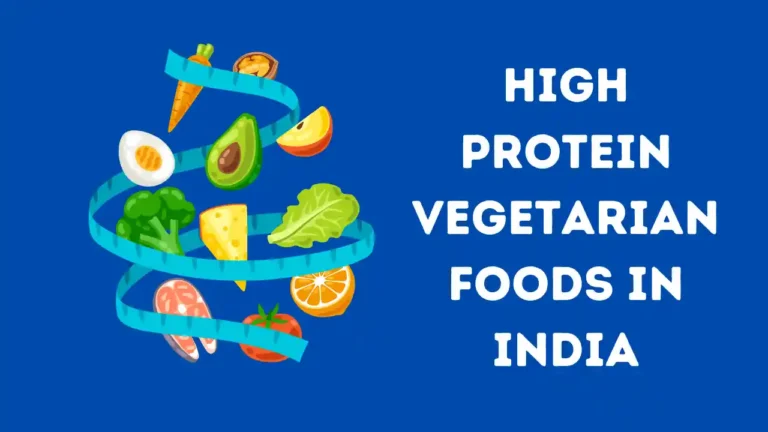Unlocking the Juicy Health Benefits of Watermelon: Nature’s Sweet Superfruit
Watermelon, the quintessential summer fruit, is more than just a refreshing treat on a hot day. This juicy delight packs a powerful punch when it comes to nutrition and health benefits. From supporting heart health to aiding in weight management, watermelon proves that sometimes the sweetest things in life can also be the healthiest. Let’s dive into the myriad ways this delicious fruit can boost your well-being.
A Hydration Superhero
One of the most immediate benefits of watermelon is its incredible hydrating properties. Composed of about 92% water, this fruit is nature’s answer to staying refreshed and hydrated, especially during scorching summer months.
Why Hydration Matters
- Regulates body temperature
- Aids in nutrient transport
- Supports cognitive function
For athletes or anyone engaged in physical activities, watermelon can be a game-changer. Its high water content helps replenish fluids lost through sweat, making it an excellent natural alternative to sports drinks.

Nutrient-Rich and Low in Calories
Despite its sweet taste, watermelon is surprisingly low in calories. A cup of diced watermelon contains just 46 calories, making it an ideal snack for those watching their weight. But don’t let the low calorie count fool you – this fruit is packed with essential nutrients.
Key Nutrients in Watermelon:
- Vitamin C: Boosts immune system and skin health
- Vitamin A: Supports eye health and immune function
- Potassium: Essential for heart and muscle function
- Magnesium: Important for bone health and energy production
Antioxidant Powerhouse
Watermelon is rich in antioxidants, compounds that help protect your body from harmful free radicals. The most notable antioxidant in watermelon is lycopene, which gives the fruit its vibrant red color.
Benefits of Lycopene:
- May reduce risk of certain cancers, particularly prostate cancer
- Supports heart health
- Protects skin from sun damage
Other antioxidants found in watermelon include beta-carotene and vitamin C, both of which contribute to overall health and well-being.
Heart Health Hero
When it comes to cardiovascular health, watermelon might just be your new best friend. The secret lies in an amino acid called citrulline, which is abundant in watermelon.
How Citrulline Supports Heart Health:
- Converts to arginine in the body
- Arginine helps produce nitric oxide
- Nitric oxide relaxes blood vessels
- Improved blood flow and lower blood pressure
Studies have shown that regular consumption of watermelon can lead to improved cardiovascular function and lower blood pressure, making it a heart-healthy choice for people of all ages.
Fighting Inflammation Naturally
Chronic inflammation is at the root of many health issues, from arthritis to heart disease. Watermelon contains several compounds with potent anti-inflammatory properties, including lycopene and cucurbitacin E.
By incorporating watermelon into your diet, you may help reduce overall inflammation in your body, potentially lowering your risk for various chronic diseases.
Beauty from the Inside Out
Who knew that eating watermelon could be part of your beauty routine? The vitamins A and C found in watermelon are essential for maintaining healthy skin and hair.
Watermelon’s Beauty Benefits:
- Vitamin C promotes collagen production, keeping skin firm and youthful
- Vitamin A repairs skin cells and prevents dryness
- High water content hydrates skin from within
- Lycopene protects skin from sun damage
A Natural Ally for Fitness Enthusiasts
If you’re into fitness, watermelon might be your new favorite post-workout snack. The citrulline in watermelon has been shown to have benefits for exercise recovery and performance.
Watermelon for Athletes:
- Reduces muscle soreness after intense workouts
- May improve exercise performance
- Hydrates and replenishes electrolytes naturally
Consider drinking watermelon juice before your next workout – your muscles might thank you the next day!
Digestive Health Support
A healthy digestive system is crucial for overall well-being, and watermelon can play a role in supporting digestive health.
How Watermelon Aids Digestion:
- Contains dietary fiber, which promotes regular bowel movements
- High water content aids in digestion and prevents constipation
- May support a healthy gut microbiome
Weight Management Made Delicious
For those looking to manage their weight, watermelon can be a valuable ally. Its low calorie density means you can eat a satisfying amount without consuming too many calories.
Watermelon for Weight Management:
- Low in calories but high in volume
- Helps you feel full and satisfied
- Can replace higher-calorie snacks in your diet
Supporting Eye Health
The beta-carotene in watermelon is converted to vitamin A in the body, which is crucial for maintaining good vision and eye health.
Watermelon’s Benefits for Eyes:
- Protects the surface of the eye
- May reduce risk of age-related macular degeneration
- Supports overall eye function
Potential Cancer-Fighting Properties
While more research is needed, early studies suggest that compounds found in watermelon, such as lycopene and cucurbitacin E, may have anti-cancer properties.
Potential Anti-Cancer Effects:
- Lycopene associated with lower risk of certain cancers
- Cucurbitacin E shows promise in laboratory studies
- Part of a balanced, plant-based diet that may reduce cancer risk
Creative Ways to Enjoy Watermelon
To reap the many health benefits of watermelon, try incorporating it into your diet in various ways:
- Enjoy it as a refreshing snack on its own
- Add it to fruit salads for a sweet twist
- Blend it into smoothies for a nutritious drink
- Use it in savory salads with feta cheese and mint
- Grill watermelon slices for a unique summer treat
- Make watermelon popsicles for a healthy dessert
Conclusion: A Sweet Path to Better Health
From its hydrating properties to its potential cancer-fighting compounds, watermelon proves that healthy eating doesn’t have to be bland or boring. This versatile fruit offers a wide array of health benefits while delighting your taste buds.
By incorporating watermelon into your diet, you’re not just indulging in a delicious treat – you’re making a choice that supports your overall health and well-being. So the next time you bite into a juicy slice of watermelon, remember that you’re doing your body a favor with every sweet, refreshing bite.
Whether you’re looking to improve your heart health, support your fitness goals, or simply add more nutrients to your diet, watermelon is a fantastic choice. So why not make this superfruit a regular part of your healthy eating plan? Your body – and your taste buds – will thank you!
Read also:Mpox Outbreak Declared a Global Health Emergency: WHO Raises Alarm







